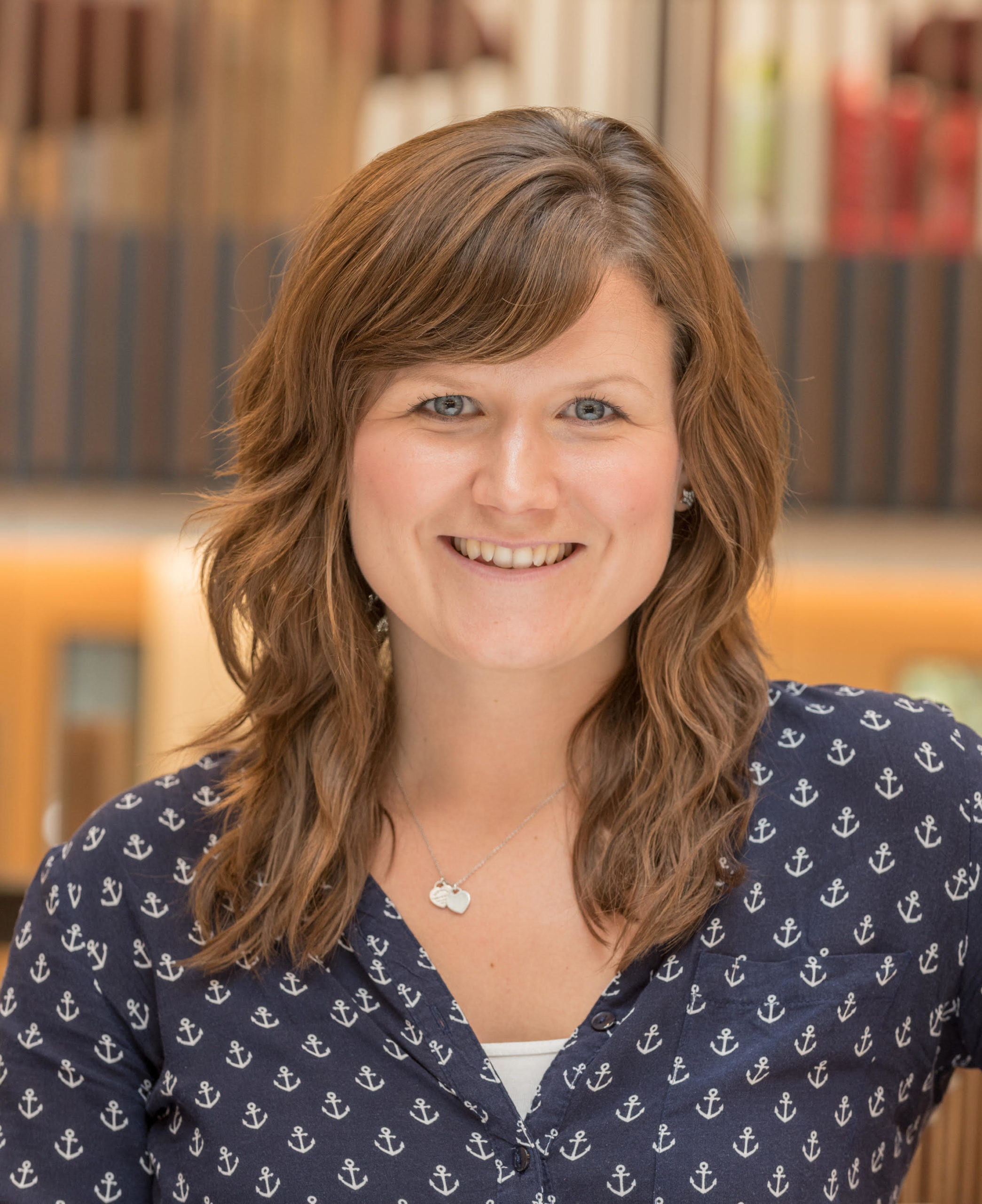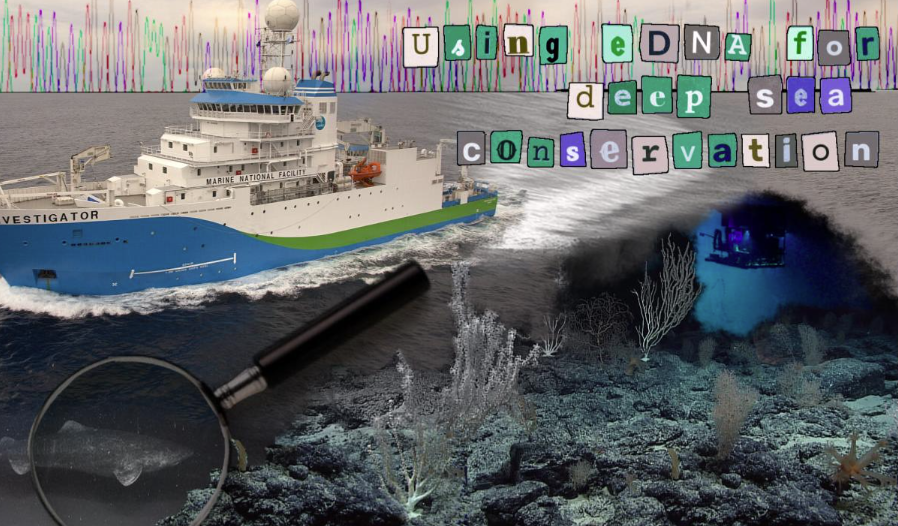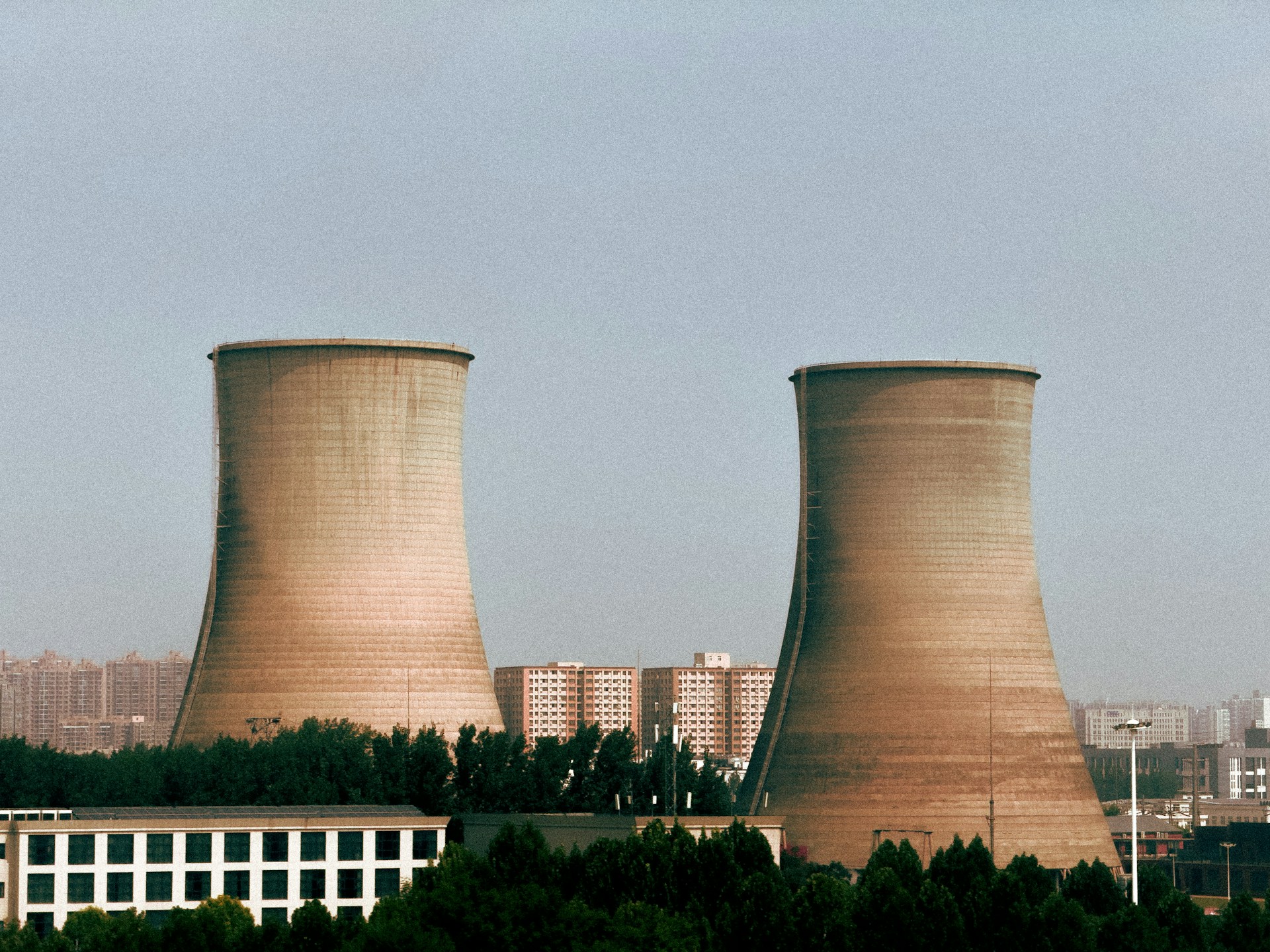Astrophysicist Dr Rebecca Smethurst is a research fellow at the University of Oxford, working on the co-evolution of galaxies and supermassive black holes. She is also a science communicator through her YouTube channel Dr Becky and has recently released her book “Space: 10 Things You Should Know”. Here she talks about her work and space exploration; its development, purpose and future.
Elizabeth Tatham: How did you get into space research?
Dr Rebecca Smethurst: When I was younger, I was one of those kids that was obsessed with space, but it was only when I realised astronomy was part of physics at GCSE that I thought I could probably do this! When I finished uni I panicked a little, having put off that “what do you want to do question” like a lot of people do. In 4th year, everyone seemed to be applying for graduate schemes from big companies, but the only one relevant to me was an engineering scheme. So, I worked for Rolls Royce for a year, but I found that engineering and physics ask 2 different questions–one asks how and the other why. By the end of the year I really missed the academic environment of being free to ask questions, so I applied for a PhD studying galaxies and how everything in them interacted. During my PhD I suppose you could say I fell down the black hole, hole; it fascinated me how something so tiny (compared to the size of the solar system) could have an effect on something as huge as a galaxy!
Elizabeth: What’s the difference between a supermassive black hole and a regular black hole?
Rebecca: They’re a lot larger. When a star runs out of fuel and collapses under gravity but is so massive that the atomic forces can’t overcome the crushing inward forces of gravity, you end up with a black hole. But whereas a normal black hole is something like three times the mass of the sun, a supermassive black hole is more than 1 million to 1 billion times the mass of the sun and is really at the driving seat of the galaxy. It’s a bit of an astronomy’s chicken and egg; the question is whether the black hole formed first, and then the galaxy formed around it, or whether the galaxy formed a little black hole that drew in matter until it sank to the centre of the galaxy.
Elizabeth: So the black hole is really key to galaxy function?
Rebecca: Yeah it really is. They co-evolve, we say, they grow together, and by feeding one you can starve another.
Elizabeth: Just a random question.
Rebecca: Yeah, I love random questions.
Elizabeth: What’s the difference between astronomy and astrophysics?
Rebecca: Astronomy is the observation of the sky; astrophysics is then having the physics knowledge to back up what you have observed. So, I would call myself both an astronomer and an astrophysicist. Because I go to telescopes, I take observations, then I come and analyse the data and I come up with the physics that explains what we have seen. Someone who runs simulations, though, might only describe themselves as an astrophysicist and not an astronomer.
Elizabeth: Would you consider the work you do to be space exploration?
Rebecca: Space exploration to me would involve sending up a probe or satellite. But even though we make observations using telescopes from the ground instead of sending a probe, we’re still exploring the wonders of space even if we’re not exploring space itself.
Elizabeth: Would you say the space race really exploded interest in space exploration?
Rebecca: Sputnik was the first satellite we put up there, but the space race really pushed our understanding of mathematics and the advancement of technology. The focus has changed though from people planting a flag to being completely science-focused, which is great. The mission I’m most looking forward to is the Dragonfly mission to Saturn’s moon Titan. The probe being sent is going to have rotor blades instead of wheels, so will essentially be able to hop and fly around Titan!
Elizabeth: So, where we are now, sending people into space is less for research purposes then?
Rebecca: People ask why we haven’t sent people to Mars yet. It has almost become sort of political and being the person to plant the flag. And people also ask why we haven’t been back to the moon. Well we have, some 20 odd times, but just with robots and satellites, and we’ve even got 2 probes that have now left the solar system and are sending signals back from beyond the solar system. So, why haven’t we sent humans to Mars? Because we’ve done so much other stuff. So, it’s a bit sad that when probes landed on a comet for the first time, it barely made front page news because it wasn’t a human that stepped out onto the comet. But humans did do it, because guiding the process there’s people who programmed this and people who built that.
Elizabeth: Another popularised idea within space is the search for extra-terrestrial life. You had one chapter in your book titled ‘aliens do exist’- What makes you think this?
Rebecca: It’s the sheer scale and numbers in the universe. We are one planet around one star in a galaxy of 100 billion stars. So, even if the odds are that 1/100bn stars are capable of forming a planet that could host life, there would still be enough galaxies for there to be one. Running the numbers, there are 100,000 possible planets in the universe that could host life. It makes you kind of just think, “well there has to be?”
Elizabeth: How much space exploration involves looking for extra-terrestrial life?
Rebecca: There are astrobiologists involved in the search for habitable planets in the zone around its star that isn’t too hot or cold for water. It blows the mind to think about it- who knows what life could be like? I said in the book it’s a funny thing because when people find out you’re an astrophysicist, they ask you about aliens. But to me that question isn’t really for astrophysicists. We can maybe provide the most likely region we’d think life could exist in, but whether they exist and what they’re like, that’s more of a question for philosophers and humanity as a whole. I don’t feel studying black holes gives me the clout to comment on it!
Elizabeth: In the future of space exploration, what do you think will be the most prominent avenue of research?
Rebecca: Definitely dark matter and dark energy. We really don’t know what 95% of the universe is. Currently we have what’s been dubbed a crisis in cosmology (the study of the creation and evolution of the universe), and if we don’t resolve this, we won’t have confidence in our best model of the universe. Essentially, when we calculate the age of the universe using cosmic microwave background data, we get different results to the other methods we can use. So, does this mean there is some new physics explaining this, or is there a systematic error in our cosmic microwave background data?
It really shows that even with the technology we have, there’s still much more that we don’t know, and as a kid I don’t think I ever really understood that; reading books about science and space it was just like facts, facts, facts, so I thought we knew everything! But no, we really, really don’t.
Elizabeth: Would you say that’s changing now?
Rebecca: I’d hope so, and it’s what I aim to do through my science communication–to stress that we don’t know this, or I don’t know this, and that’s okay. It’s okay to say you don’t understand something, and I think we’re getting better at communicating the humanity behind science–how we do it, and that its okay that we don’t know it. That’s what learning is for.
Elizabeth: Now that everyone is thinking about climate change, what’s the contribution of space exploration to this issue?
Rebecca: I guess the question would be why focus on space exploration when our planet is dying, and we are making it worse? Actually, if you look at the stats, space exploration is a tiny fraction of the carbon emissions from air traffic, which in turn is only 5% of global CO2 emissions. And the one thing you can’t parameterise is the idea of blue-sky research. For instance, astronomers invented the very early stages of Wi-Fi because they wanted an easier way to transfer data between their telescopes and computers. So, you don’t know where trying to develop new technology for space exploration will take you.
Elizabeth: If you could go anywhere in space, where would you go?
Rebecca: Everyone asks me this question, but I don’t really know. If you wanted to go see a galaxy or nebula, being there you’d have a really faint image compared to the photos taken by the Hubble Space Telescope- you’d be floating in a cloud of gas and dust. So, I think I’d pick somewhere in the Solar System- I’d love to go to a moon of Saturn and have a night sky view of Saturn and Jupiter.





